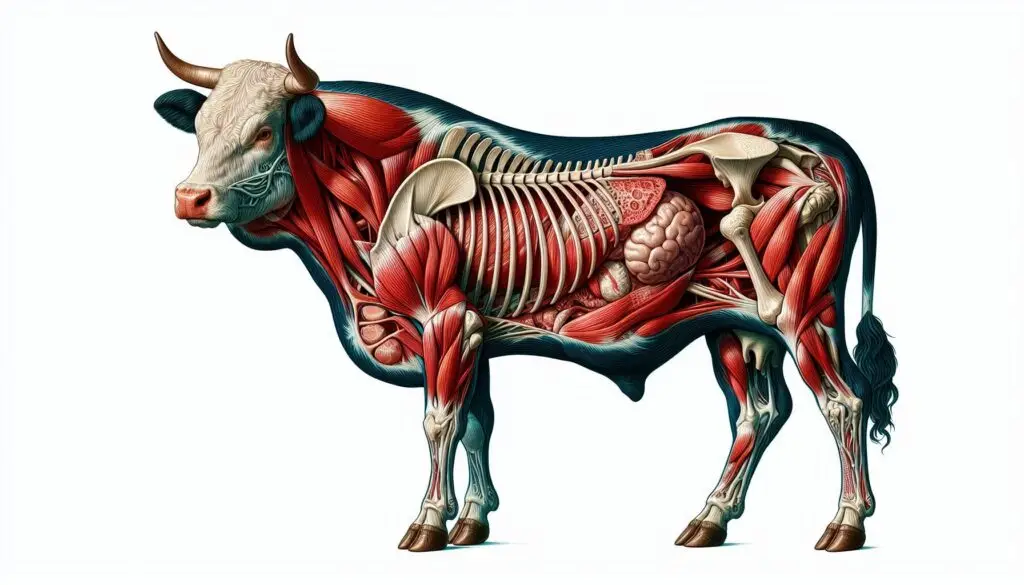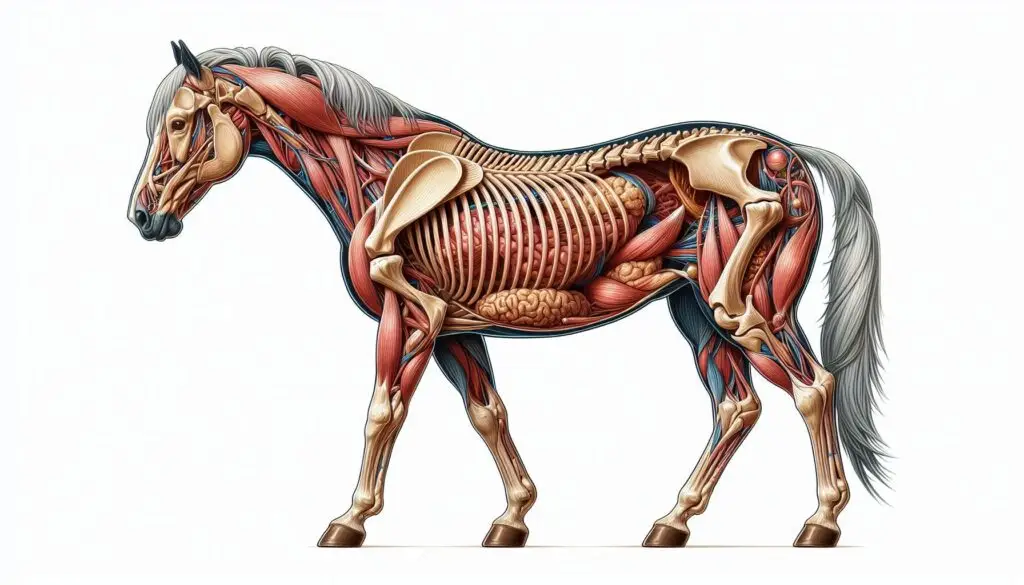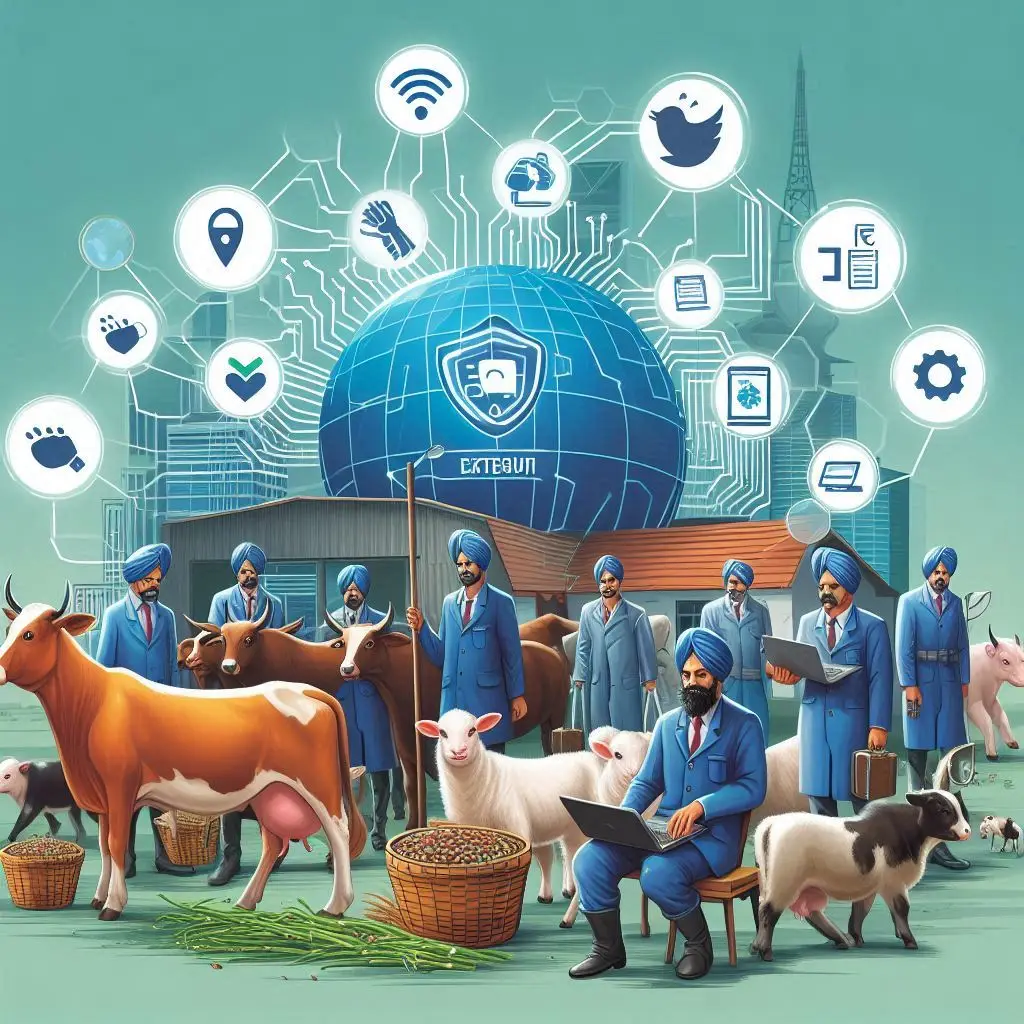Advantages of Artificial Insemination in Farm Animals

What is Artificial Insemination?
Artificial insemination is a reproductive technology that allows farmers to breed livestock without the need for natural mating. The process includes several steps:
1. Semen Collection
Semen is collected from a male animal.
2. Processing
The semen is processed and evaluated for quality.
3. Storage
It can be frozen for long-term storage.
4. Insemination
The semen is introduced into the female’s reproductive tract using specialized equipment.
For more information about the process of AI, you can visit Animal Smart.
Advantages of Artificial Insemination
1. Genetic Improvement
One of the primary benefits of AI is the ability to enhance genetic quality within herds.
Access to Superior Genetics
Farmers can use semen from genetically superior sires located anywhere in the world. This access significantly boosts the genetic potential of their livestock. For instance, AI allows farmers to breed their cows with bulls that have proven records for milk production or disease resistance.
Increased Selection Intensity
With AI, fewer males are needed for breeding. This enables farmers to select only the best sires for reproduction, thus increasing genetic diversity and reducing inbreeding. For detailed insights on genetic improvement through AI, check Vikaspedia.
2. Enhanced Reproductive Efficiency
AI contributes to improved reproductive efficiency in several ways.
Higher Conception Rates
AI can achieve conception rates of 60-70% on the first service. This efficiency leads to synchronized calving times and higher overall productivity within herds.
Prolonged Use of Sires
Semen can be stored for years under frozen conditions. This allows farmers to utilize a bull’s genetics long after its death, ensuring continued genetic contribution to future generations.
3. Disease Control
AI plays a crucial role in controlling diseases among livestock.
Reduced Disease Transmission
Natural mating can facilitate the spread of venereal diseases between animals. In contrast, AI minimizes this risk by allowing for sanitary procedures and screening of semen for pathogens.
Lower Incidence of Injuries
Natural mating can lead to injuries among animals due to aggressive behavior during breeding. AI eliminates this risk by removing the need for physical mating.
For more on health benefits related to AI, visit Bivatec.
4. Cost Efficiency
AI can significantly reduce costs associated with livestock breeding.
Reduced Costs Associated with Maintaining Males
Keeping a bull requires substantial resources—food, housing, and care. By using AI, farmers can eliminate these costs while still accessing high-quality genetics.
Efficient Use of Resources
A single ejaculate from a bull can be diluted and extended to create hundreds of doses of semen. This maximizes each breeding session’s value and reduces waste.
5. Flexibility and Convenience
AI offers flexibility that traditional breeding methods cannot match.
Geographical Flexibility
Semen can be transported easily across regions or even countries. This means farmers can access high-quality genetics without needing to transport their animals for breeding purposes.
Time Management
AI allows for better planning and scheduling of breeding activities. Farmers can synchronize breeding with other management practices more effectively.
Challenges and Considerations
While there are numerous advantages to AI, there are also challenges that farmers must consider:
1. Management Requirements
Successful implementation of an AI program requires careful management practices:
- Nutrition: Animals must receive proper nutrition to ensure good body condition.
- Record Keeping: Keeping accurate records is essential for tracking breeding success.
- Heat Detection: Precise heat detection is crucial for timing inseminations correctly.
For further details on management practices related to AI, refer to TNAU Agritech.
2. Skill Level Required
Inseminating animals requires skill and training. Improper techniques can lead to lower success rates. Therefore, it’s essential to have well-trained personnel conducting AI procedures.
Conclusion
Artificial insemination represents a transformative approach in livestock breeding that enhances genetic quality, improves reproductive efficiency, controls diseases, reduces costs, and offers flexibility in management practices. By adopting AI technology, farmers can significantly improve their herd’s productivity and profitability while addressing many challenges associated with traditional breeding methods.
More from Veterinary Physiology:
https://wiseias.com/non-ruminant-digestive-organs/
https://wiseias.com/factors-affecting-meat-quality/
https://wiseias.com/extrinsic-factors-meat-handling/
https://wiseias.com/intrinsic-factors-affecting-meat-quality/





Responses